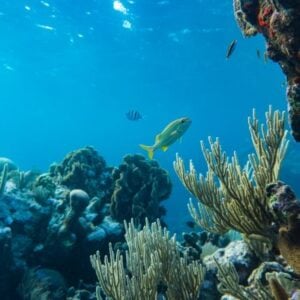Jesuit Refugee Service (JRS) has initiated two new grants—EarthAcre and Wild Earth Allies—to support biodiversity informatics and conservation through Indigenous partnerships in Kenya and the Democratic Republic of Congo (DRC). These projects aim to enhance biodiversity data collection and research skills by integrating Indigenous ecological knowledge and practices into formal conservation efforts.
In Kenya, EarthAcre will facilitate field research in two Indigenous-managed sites: the cloud forests of Wundanyi in Taita Taveta County and the Naretunoi Conservancy. Both locations are part of critical ecosystems on smallholder Indigenous lands. The goal is to build local capacity for species documentation and advocacy by training community members to conduct biodiversity surveys, thereby promoting the conservation of these ecologically unique regions.
In the DRC, the project focuses on Kahuzi-Biega National Park (KBNP), where it seeks to reduce environmental pressures and restore degraded forest areas. This will be achieved by creating multidisciplinary species inventories and documenting traditional knowledge from the Indigenous Batwa community. The data collected will be used to identify key plant species important to both local communities and great apes, informing habitat restoration strategies and resource access outside the park boundaries.
The initiative will also train government and local stakeholders in botanical field research, allowing for systematic comparisons of assisted and natural forest regeneration in KBNP. By analyzing species diversity in restored and naturally recovering areas, the project aims to inform future reforestation practices and enhance long-term biodiversity resilience.







